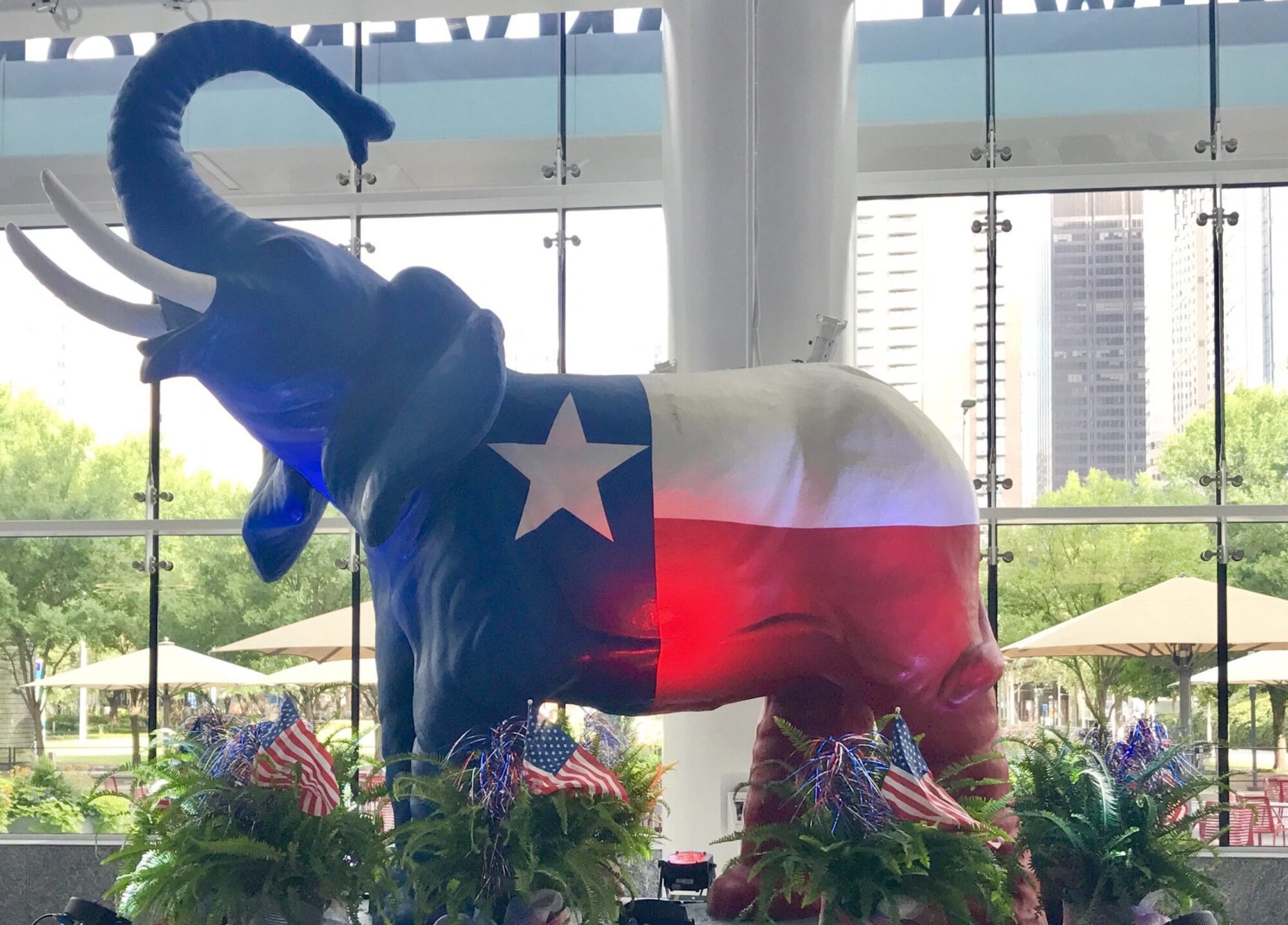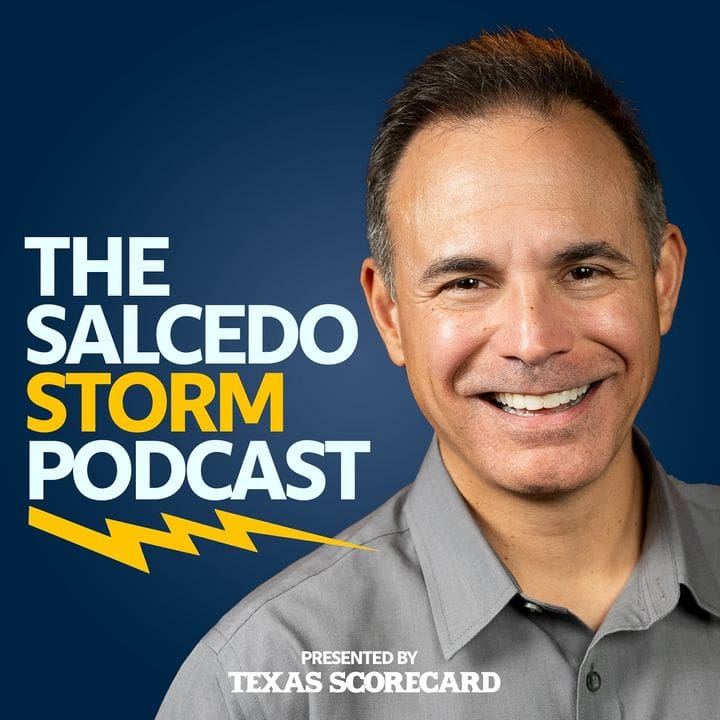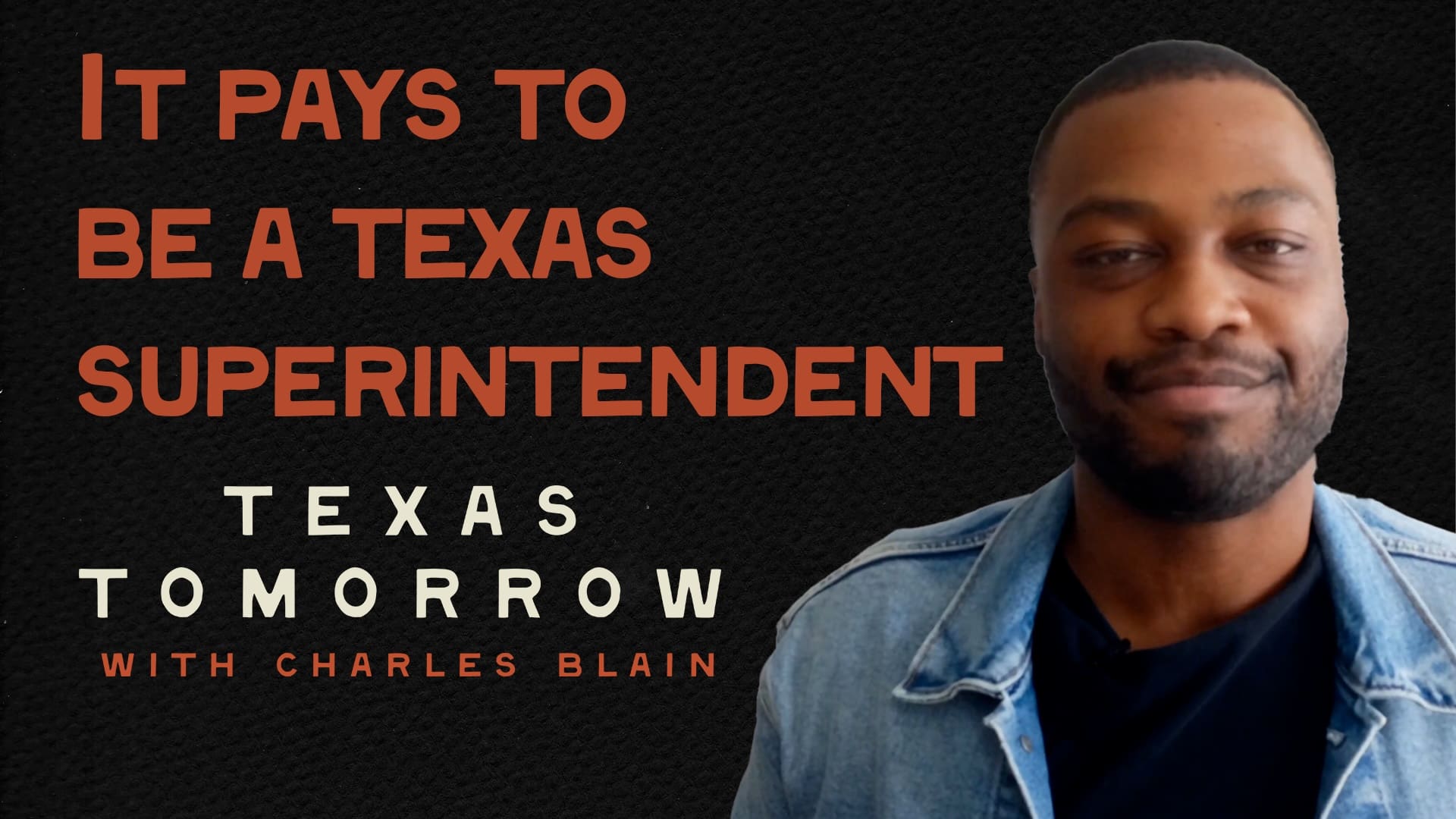This past Wednesday, the Tarrant County Republican Assembly joined the TCGOP executive committee by voting to oppose the proposed TexRail commuter line. Tarrant County Judge Glen Whitley, a strong supporter of both TexRail and the massive expansion of government-run commuter rail, denied claims that his pro-rail policy is diverting state and local funding away from roadway projects.
Colleyville Councilman Chris Putnam accurately challenged Whitley’s notion that rail doesn’t divert existing transportation funds away from roads. According to the “T”, the $800 million in TexRail’s upfront cost will be subsidized at every level of government including the feds, who are pushing a national pro-rail agenda sparked by the Obama administration.
Over $470 million will come from Obama stimulus funds, $96 million from the Texas Mobility Fund, $20 million of county debt, and $200 million in accumulated local sales taxes. Following construction, it’s likely TexRail’s annual operation will continue to drain local sales and property taxes, which cover the vast majority of operating losses of existing trains. Revenue generated by actual user fees is insignificant.
With the exception of federal dollars, almost all of TexRail’s proposed funding could alternatively be used to expand existing roadway capacity. Sales tax revenue can also be used to lower property taxes or to pay down local debt. That’s critical, considering Texans are currently burdened with the second highest, per person, local debt in the nation.
Putnam presented concise, data-driven opposition to TexRail. According to the Fort Worth Transportation Authority’s own statistics, the new diesel-powered line won’t measurably relieve regional traffic congestion near the corridor. Furthermore, their own environmental study concluded it would not yield any positive benefits. None.
Ridership of the existing “T” lines have declined 25% in recent years to below 2002 levels despite booming population growth. And even if the trains were completely full, they can’t transport as many commuters as economically as roads. The “T’s” own analysis further suggests increased train activity along the Cottonbelt corridor could actually make traffic worse, not better.
The next time your state legislator laments over a “lack of funding” for roadway expansion, remind them that governments at all levels are diverting billions of your vehicle fees, gas, sales and property tax dollars away from roads to taxpayer black holes like TexRail.
But we can’t expect to end diversions to non-road projects if we fail to ask our state, county and local servants to stop them. In other words, you shouldn’t expect your employees to behave responsibly without any direction from their employers.
This raises an obvious question, who represents you and where do they stand on transportation?




